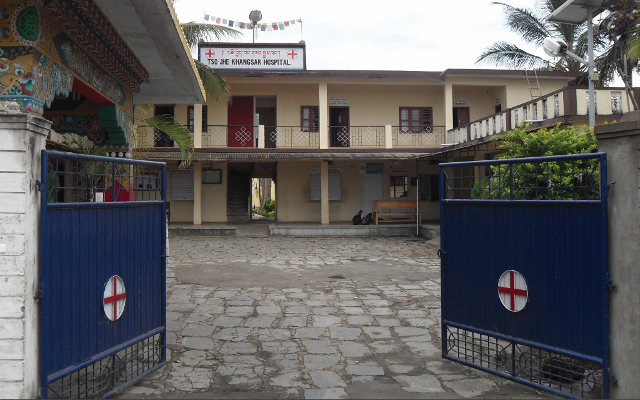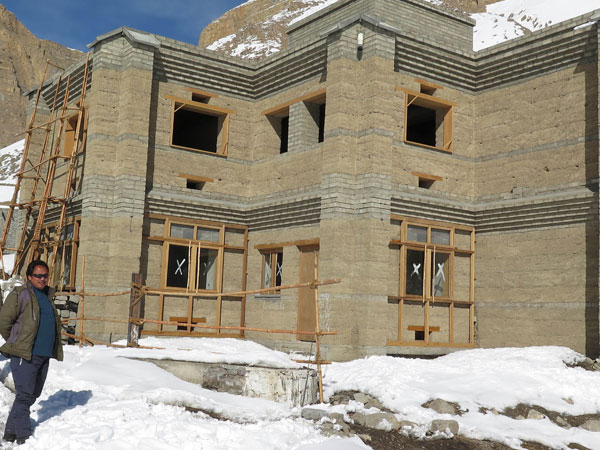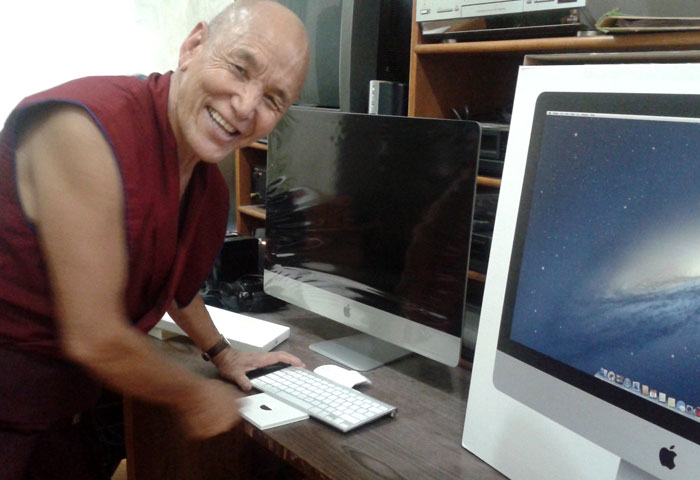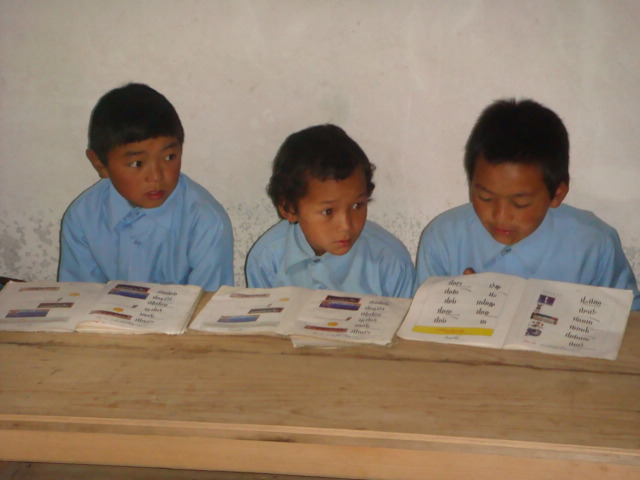
We are excited to tell you about a grant we have been able to send to another new project that will boost healthcare in Tibetan settlements in India.
There are 39 Tibetan settlements throughout India of which ten have their own hospitals. Whilst it is fantastic these hospitals are in place, there is a worrying shortage of Tibetan doctors available to staff them. Earlier this year only four out of the ten hospitals had doctors. This is especially problematic as many of the settlements are remote and rely on resident doctors for not just routine, but emergency treatment. When no local doctor is available, Tibetans living in these settlements have no choice but to travel to expensive Indian private hospitals for treatment, which they often cannot afford.
In theory, staffing the settlement hospitals with fully trained Tibetan doctors should not be a problem. On average three Tibetan students graduate as doctors each year. As a recent report from the Department of Health suggests, many of these young doctors have a strong desire to work in Tibetan communities. However, despite this, it is becoming increasingly difficult to attract and retain Tibetan doctors. Many of the settlements are in remote locations away from family and friends. As the only doctor in the hospital, doctors are required to be on call 24 hours a day, seven days a week. As well as the pressure of these working hours, new doctors are faced with the daunting prospect of having sole responsibility for their patients as there are no senior doctors to consult.
These circumstances all combine to put huge pressures on settlement doctors; sadly many feel it necessary to leave their posts to work in Indian hospital where the work load is less intense and the salary is almost double and there are greater opportunities to further their career. When asked, Tibetan doctors who previously left their jobs in settlements in the past have explained their reasons for doing so as being due to location, poor salary and lack of career opportunity. Many have said that a more competitive salary would have encouraged them to stay for a longer period.
The Department of Health seeks to address these problems through two initiatives; the introduction of a supplement to boost salaries by around 47 per cent for doctors working in settlements and to increase the use of technology for remote consultations using video web links.
Based on discussions with previous settlement doctors and newly qualified doctors, it is believed the suggested level of increase in salary, along with utilising the opportunities given through modern technology to enable settlement doctors to consult with senior doctors in other towns, will provide the necessary incentive to both attract and retain doctors for ten settlements.
Tibet Relief Fund has agreed to provide salary supplements for seven doctors annually for three years. Since sending our first grant we have learnt new doctors have been recruited and there ware now seven doctors working in six settlements (Kollegal, Hunsur, Mundgod, Bir, Dekyilind and two in Bylakuppe). The department of Health are looking to secure futher doctors to work in the more remote settlements such as Miao, Odisha and Mainpat.
It is thanks to your generous support and funding through Vanya Kewley Lambert’s legacy that Tibet Relief Fund has been able to commit to the life-changing programme over the next three years. We will be further reporting on the progress of this project in Tibet Matters, so keep a look out!




